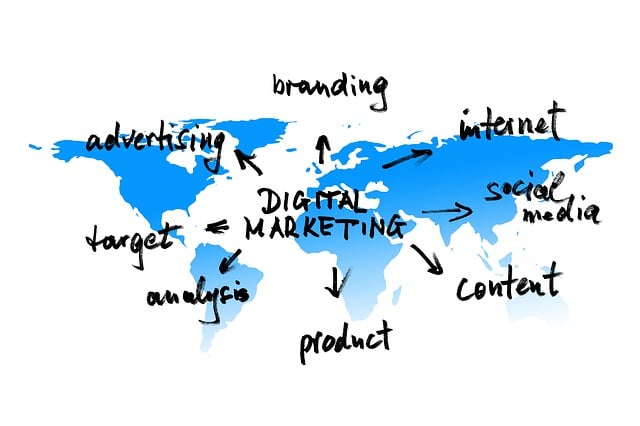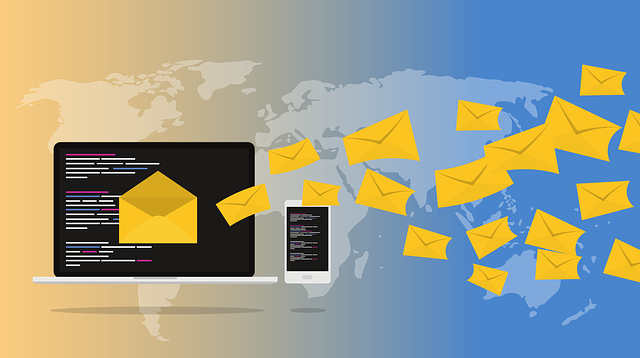AI Restaurant Benchmarking Software is a game-changer for hospitality businesses, providing advanced analytics powered by artificial intelligence. It collects and analyzes customer data to reveal preferences, behaviors, and pain points, enabling personalized experiences. The tool offers KPI tracking, predictive trend analysis, strategic suggestions, automated reporting, and customizable dashboards. By leveraging AI technology, restaurateurs can enhance operational efficiency, drive customer loyalty, stay ahead of the competition, and optimize menu pricing based on real-time demand while using AI chatbots for 24/7 guest support. Success is measured through interaction and conversion rates, retention, and satisfaction levels, helping businesses optimize their AI strategies.
“Discover how AI is revolutionizing customer engagement in the hospitality industry, particularly within restaurants. This article explores the transformative power of ‘AI Restaurant Benchmarking Software’ and its ability to enhance operations and guest experiences. We’ll delve into its comprehensive overview, the impact on customer interactions, and key metrics for evaluating success. By understanding these aspects, businesses can harness AI’s potential to create memorable, data-driven dining encounters.”
- Understanding AI Restaurant Benchmarking Software: A Comprehensive Overview
- How AI Transforms Customer Engagement in the Hospitality Industry
- Measuring Success: Key Metrics for Evaluating AI-Driven Customer Engagement
Understanding AI Restaurant Benchmarking Software: A Comprehensive Overview

AI Restaurant Benchmarking Software is a revolutionary tool designed to transform the way businesses in the hospitality industry measure and enhance their customer engagement strategies. This cutting-edge technology leverages artificial intelligence to analyze vast amounts of data generated by customer interactions, providing restaurant owners with valuable insights into customer preferences, behaviors, and pain points. By understanding these patterns, restaurants can tailor their services and offerings to create more personalized and satisfying experiences for their patrons.
The software offers a comprehensive overview of key performance indicators (KPIs), such as table turnover rates, average check sizes, and customer satisfaction scores, allowing restaurateurs to identify areas that require improvement or further investment. Additionally, AI algorithms can predict trends and suggest strategic changes based on historical data, helping restaurants stay ahead of the competition. Through automated reporting and customizable dashboards, this technology empowers business owners to make data-driven decisions, ultimately driving operational efficiency and boosting customer loyalty.
How AI Transforms Customer Engagement in the Hospitality Industry

Artificial Intelligence (AI) is revolutionizing customer engagement in the hospitality industry, offering a level of personalization and efficiency previously unattainable. One prominent application is in restaurant operations, where AI restaurant benchmarking software enables dynamic menu pricing based on real-time demand, enhancing revenue management. By analyzing historical data, customer behavior patterns, and market trends, this technology optimizes pricing strategies to maximize profits while maintaining competitiveness.
Moreover, AI-powered chatbots and virtual assistants provide instant, 24/7 support to guests, answering queries about menu items, reservations, and local attractions. This improves guest experiences by saving time and offering tailored recommendations. Such innovations not only elevate customer satisfaction but also serve as valuable tools for gathering customer insights, allowing establishments to refine their services and stay ahead in a competitive market.
Measuring Success: Key Metrics for Evaluating AI-Driven Customer Engagement

Measuring success is paramount in evaluating AI-driven customer engagement, as it helps businesses understand the return on investment and identify areas for improvement. Key metrics to consider include interaction rate – the percentage of customers who engage with AI interfaces – and conversion rates, tracking how many interactions lead to sales or desired actions. For AI restaurant benchmarking software, this could mean monitoring the success rate of AI-suggested menu items or reservation times.
Retention and customer satisfaction are also crucial indicators. High retention rates suggest that AI is enhancing the customer experience rather than replacing it. Surveys and feedback mechanisms can gauge satisfaction, offering insights into specific features or areas where human interaction may still be preferred. By analyzing these metrics, businesses can fine-tune their AI strategies to achieve optimal autonomous customer engagement.
AI restaurant benchmarking software is revolutionizing customer engagement in the hospitality industry. By leveraging advanced algorithms, these tools enable businesses to analyze customer behavior, personalize interactions, and optimize operations for enhanced satisfaction. Through comprehensive insights provided by key metrics, restaurants can measure success and stay ahead of the curve in a competitive market. Embracing AI-driven engagement strategies ensures a vibrant and successful future for both patrons and establishments alike.
